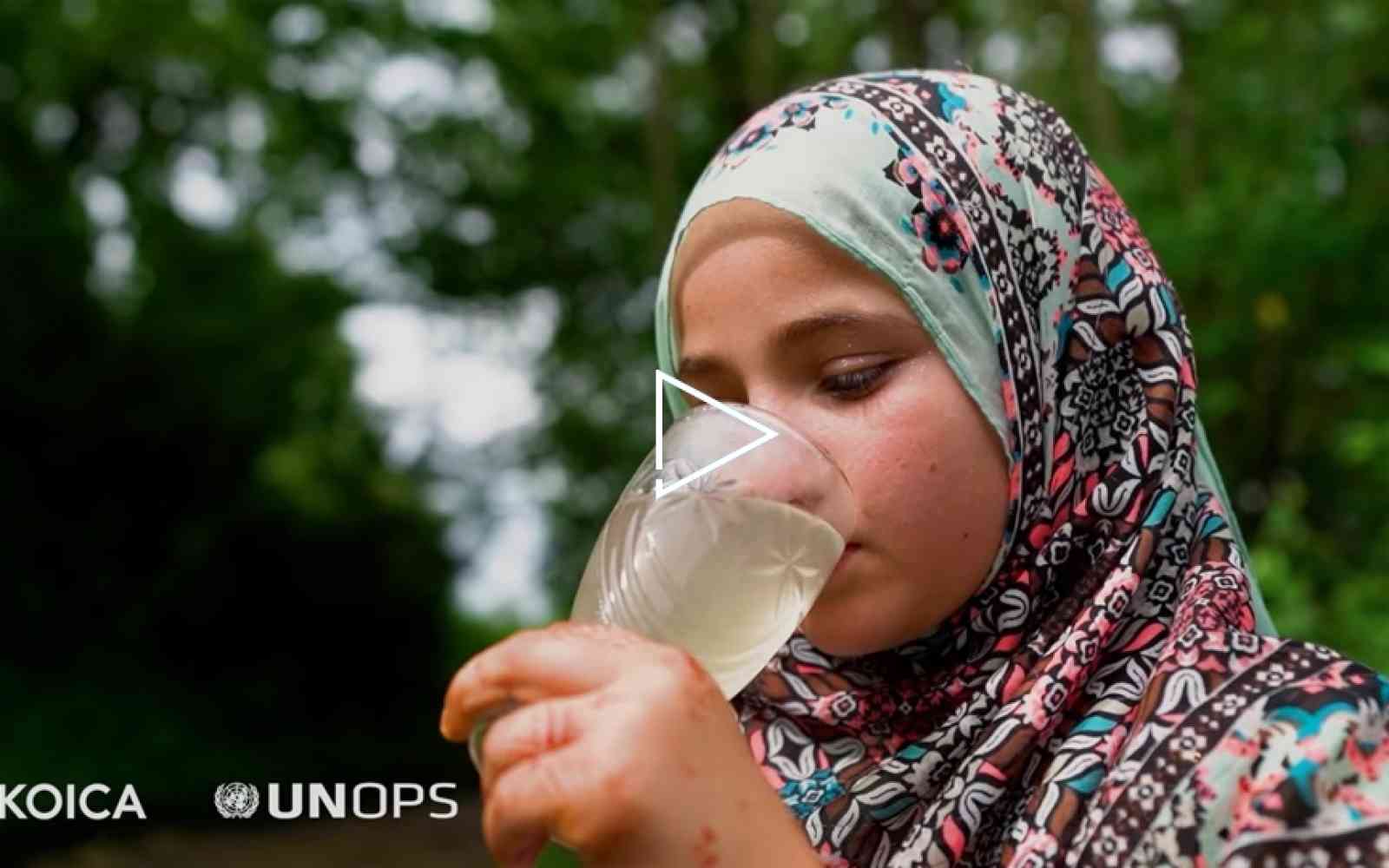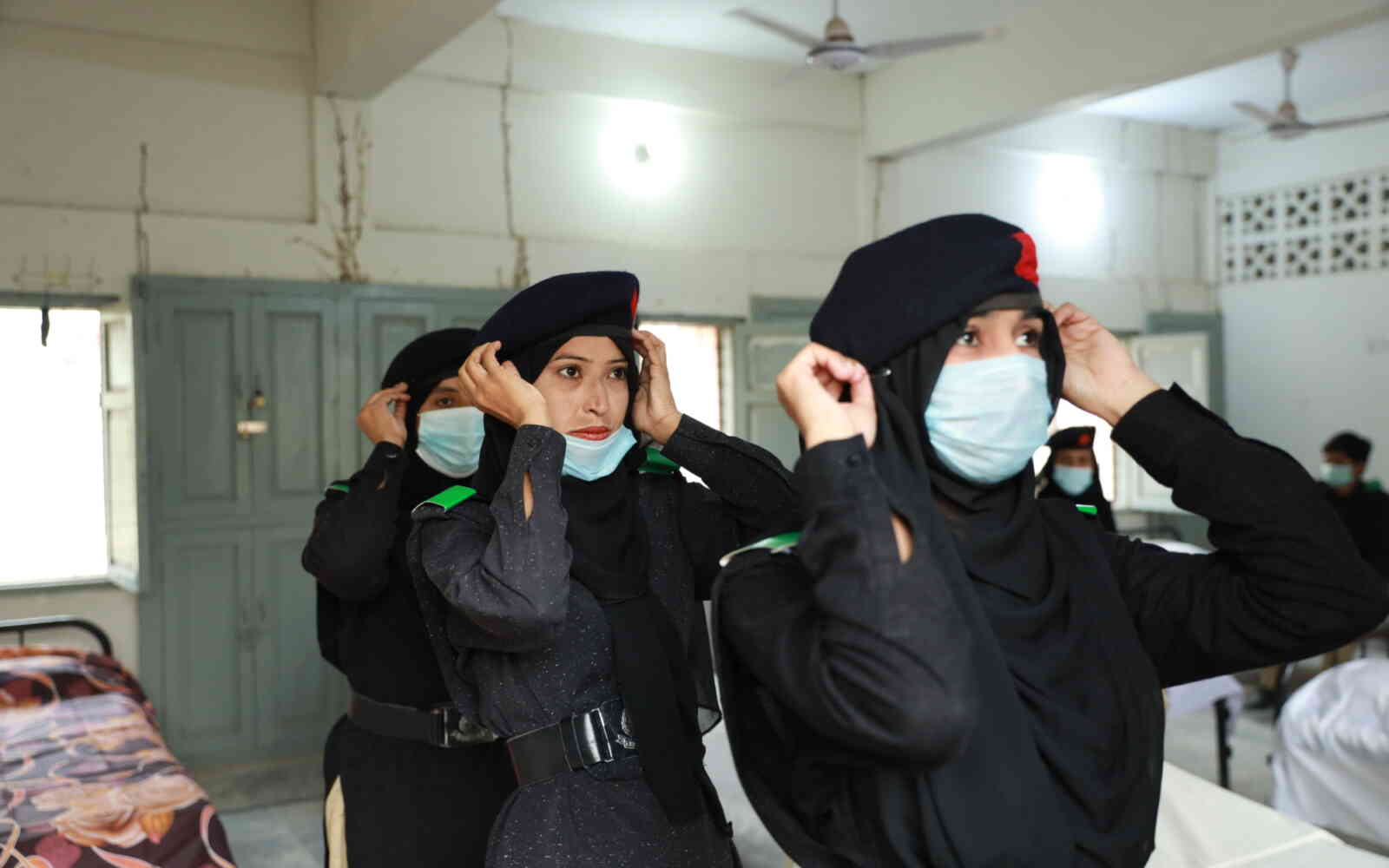The United Nations Office for Project Services (UNOPS)
Safeguarding drinking water for millions in Pakistan
UNOPS has upgraded laboratories across Pakistan, helping test and monitor water quality.
Safe drinking water remains unavailable to nearly half of the people living in Pakistan. Waterborne diseases, and the resulting loss of life, are widespread and further compounded by the scarcity of water testing and monitoring resources – crucial to safeguarding drinking water.
Working together over the past three years, UNOPS, the Korea International Cooperation Agency and the government of Pakistan have upgraded 45 laboratories across the country.
We had old equipment and didn’t have the right equipment. It used to take around a week to test a water sample. But now, thanks to the new equipment UNOPS and KOICA have provided, we can test water samples quickly and get the results in just a few hours.
Through the $4.5 million project, UNOPS procured and installed state-of-the-art laboratory equipment and upgraded the facilities of Public Health Engineering Departments, the Pakistan Environmental Protection Agency and the Pakistan Council for Research in Water Resources to ensure safe environments that support efficiency. Capacity at the water testing labs was developed via training for the Ministry of Climate Change and the rollout of a management information system.
Remote areas in Khyber Pakhtunkhwa Province have never had local water testing facilities. To address this challenge, eight vehicles were remodelled to serve as mobile testing laboratories.
“These mobile laboratories can travel to remote areas where there are no facilities to test the water quality. They can collect samples and test the water for pollutants. UNOPS has also provided us with management information system software to help make our operations paperless and more efficient,” said Shahid Sohail Khan, Secretary Public Health and Engineering Department, Khyber Pakhtunkhwa.
The project is set to benefit over 60 million people across Pakistan.














